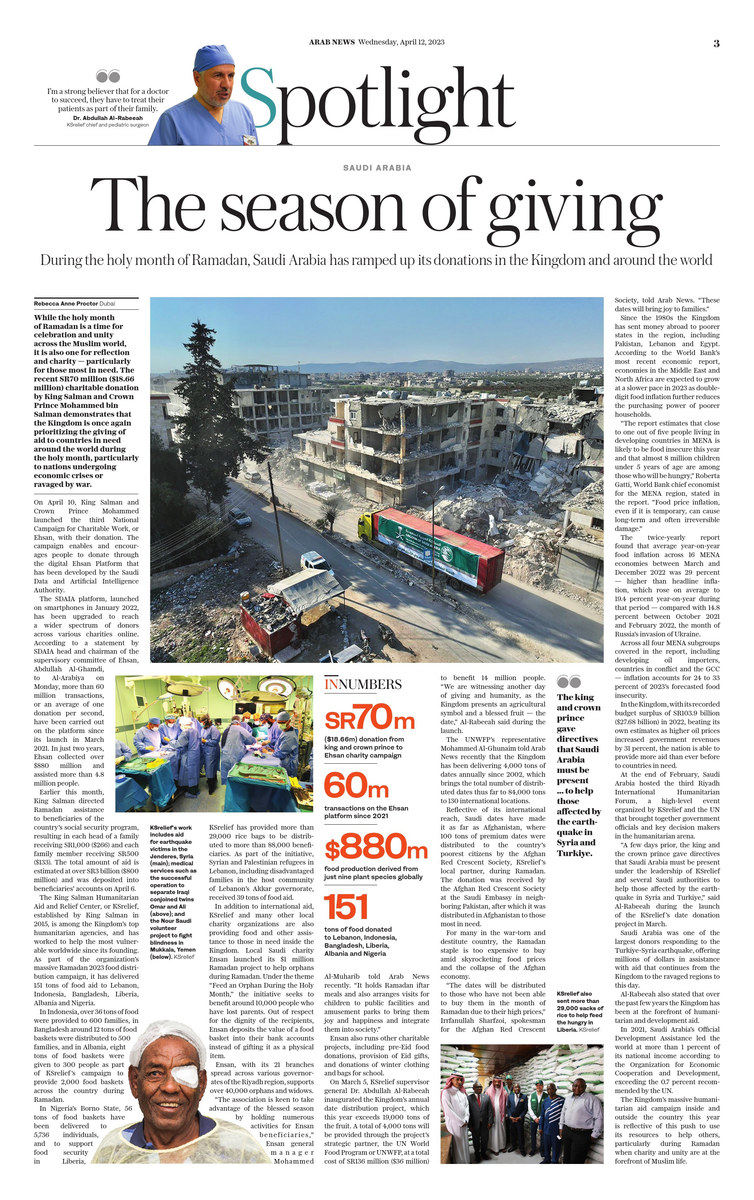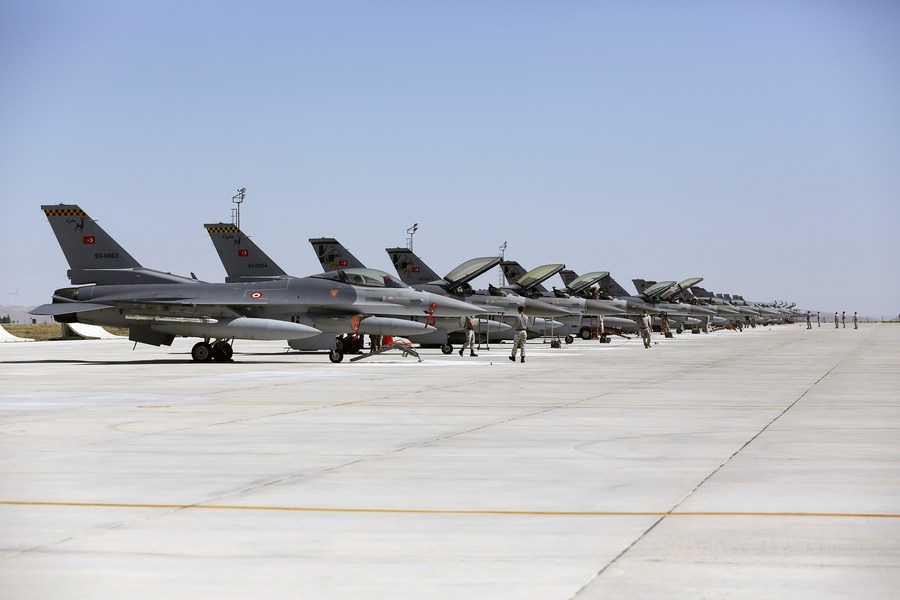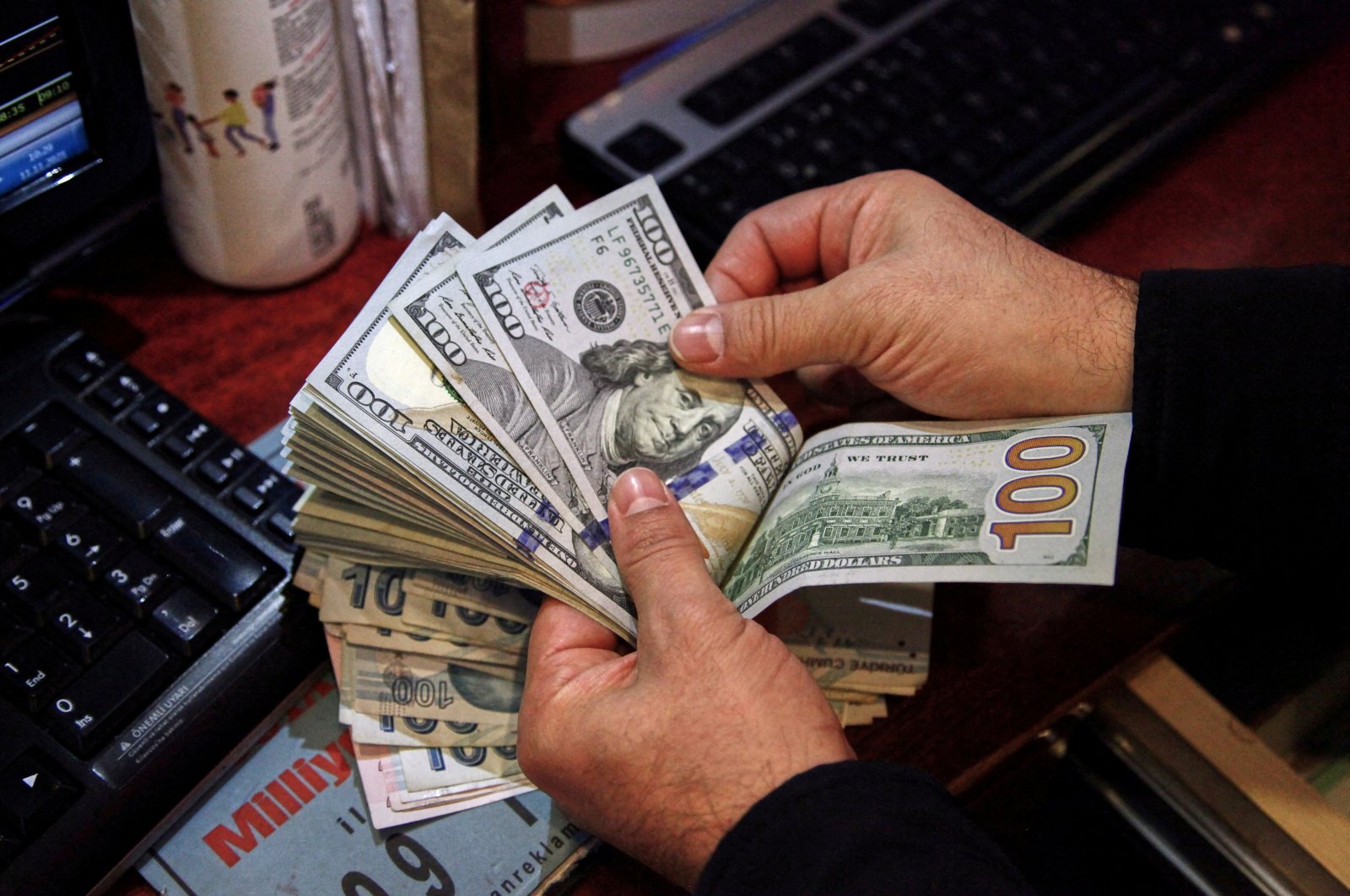Saudi aid agency opens second volunteer life program in Turkiye
DUBAI: While the holy month of Ramadan is a time for celebration and unity across the Muslim world, it is also one for reflection and charity — particularly for those most in need. The recent SR70 million ($18.66 million) charitable donation by King Salman and Crown Prince Mohammed bin Salman demonstrates that the Kingdom is once again prioritizing the giving of aid to countries in need around the world during the holy month, particularly to nations undergoing economic crises or ravaged by war.
On April 10, King Salman and Crown Prince Mohammed launched the third National Campaign for Charitable Work, or Ehsan, with their donation. The campaign enables and encourages people to donate through the digital Ehsan Platform that has been developed by the Saudi Data and Artificial Intelligence Authority.
The SDAIA platform, launched on smartphones in January 2022, has been upgraded to reach a wider spectrum of donors across various charities online. According to a statement by SDAIA head and chairman of the supervisory committee of Ehsan, Abdullah Al-Ghamdi, to Al-Arabiya on Monday, more than 60 million transactions, or an average of one donation per second, have been carried out on the platform since its launch in March 2021. In just two years, Ehsan collected over $880 million and assisted more than 4.8 million people.
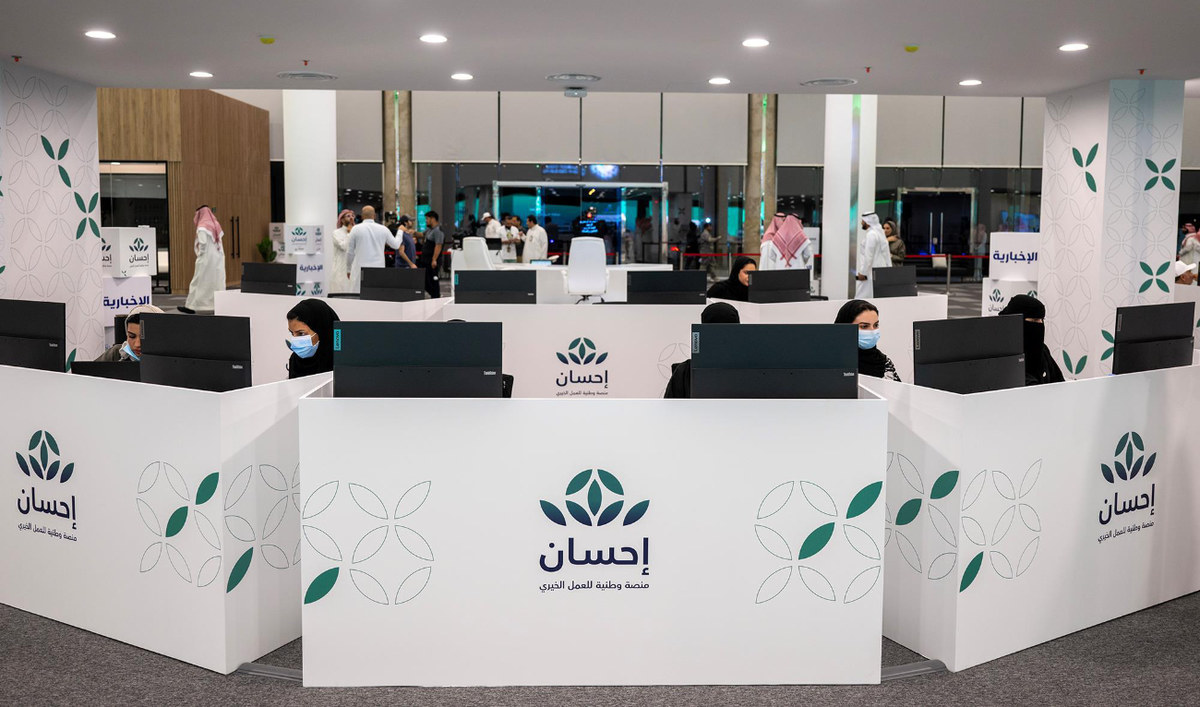
Earlier this month, King Salman directed Ramadan assistance to beneficiaries of the country’s social security program, resulting in each head of a family receiving SR1,000 ($266) and each family member receiving SR500 ($133). The total amount of aid is estimated at over SR3 billion ($800 million) and was deposited into beneficiaries’ accounts on April 6.
The King Salman Humanitarian Aid and Relief Center, or KSrelief, established by King Salman in 2015, is among the Kingdom’s top humanitarian agencies, and has worked to help the most vulnerable worldwide since its founding. As part of the organization’s massive Ramadan 2023 food distribution campaign, it has delivered 151 tons of food aid to Lebanon, Indonesia, Bangladesh, Liberia, Albania and Nigeria.
In Indonesia, over 36 tons of food were provided to 600 families, in Bangladesh around 12 tons of food baskets were distributed to 500 families, and in Albania, eight tons of food baskets were given to 300 people as part of KSrelief’s campaign to provide 2,000 food baskets across the country during Ramadan.
In Nigeria’s Borno State, 56 tons of food baskets have been delivered to 5,736 individuals, and to support food security in Liberia, KSrelief has provided over 29,000 rice bags to be distributed to more than 88,000 beneficiaries. As part of the initiative, Syrian and Palestinian refugees in Lebanon, including disadvantaged families in the host community of Lebanon’s Akkar governorate, received 39 tons food aid.

In addition to international aid, KSrelief and many other local charity organizations are also providing food and other assistance to those in need inside the Kingdom. Local Saudi charity Ensan launched its $1 million Ramadan project to help orphans during Ramadan. Under the theme “Feed an Orphan During the Holy Month,” the initiative seeks to benefit around 10,000 people who have lost parents. Out of respect for the dignity of the recipients, Ensan deposits the value of a food basket into their bank accounts instead of gifting it as a physical item.
Ensan, with its 21 branches spread across various governorates of the Riyadh region, supports over 40,000 orphans and widows. “The association is keen to take advantage of the blessed season by holding numerous activities for Ensan beneficiaries,” Ensan general manager Mohammed Al-Muharib told Arab News recently. “It holds Ramadan iftar meals and also arranges visits for children to public facilities and amusement parks to bring them joy and happiness and integrate them into society.” Ensan also runs other charitable projects, including pre-Eid food donations, provision of Eid gifts, and donations of winter clothing and bags for school.
On March 5, KSrelief supervisor general Dr. Abdullah Al-Rabeeah inaugurated the Kingdom’s annual date distribution project, which this year exceeds 19,000 tons of the fruit. A total of 4,000 tons will be provided through the project’s strategic partner, the UN World Food Program or UNWFP, at a total cost of SR136 million ($36 million) to benefit 14 million people. “We are witnessing another day of giving and humanity, as the Kingdom presents an agricultural symbol and a blessed fruit — the date,” Al-Rabeeah said during the launch.

The UNWFP’s representative Mohammed Al-Ghunaim told Arab News recently that the Kingdom has been delivering 4,000 tons of dates annually since 2002, which brings the total number of distributed dates thus far to 84,000 tons to 130 international locations.
Reflective of its international reach, Saudi dates have made it as far as Afghanistan, where 100 tons of premium dates were distributed to the country’s poorest citizens by the Afghan Red Crescent Society, KSrelief’s local partner, during Ramadan. The donation was received by the Afghan Red Crescent Society at the Saudi Embassy in neighboring Pakistan, after which it was distributed in Afghanistan to those most in need.
For many in the war-torn and destitute country, the Ramadan staple is too expensive to buy amid skyrocketing food prices and the collapse of the Afghan economy. “The dates will be distributed to those who have not been able to buy them in the month of Ramadan due to their high prices,” Irrfanullah Sharfzoi, spokesman for the Afghan Red Crescent Society, told Arab News. “These dates will bring joy to families.”
Since the 1980s the Kingdom has sent money abroad to poorer states in the region, including Pakistan, Lebanon and Egypt. According to the World Bank’s most recent economic report, economies in the Middle East and North Africa are expected to grow at a slower pace in 2023 as double-digit food inflation further reduces the purchasing power of poorer households.
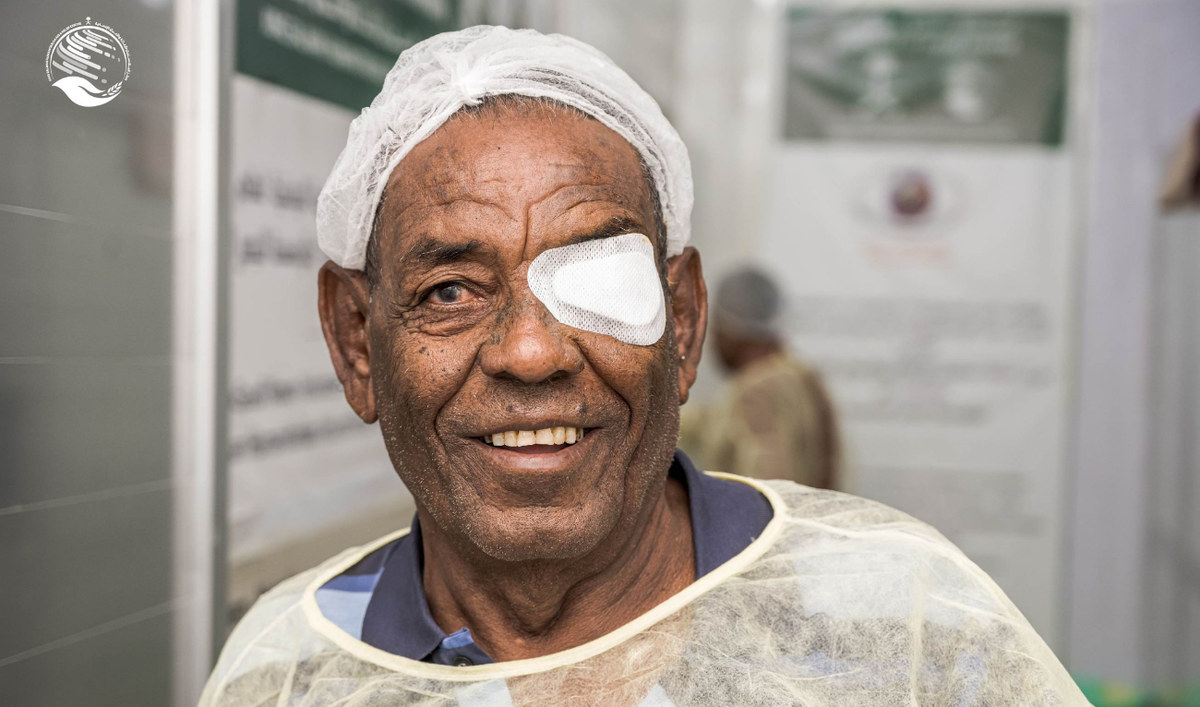
“The report estimates that close to one out of five people living in developing countries in MENA is likely to be food insecure this year and that almost 8 million children under 5 years of age are among those who will be hungry,” Roberta Gatti, World Bank chief economist for the MENA region, stated in the report. “Food price inflation, even if it is temporary, can cause long-term and often irreversible damage.”
The twice-yearly report found that average year-on-year food inflation across 16 MENA economies between March and December 2022 was 29 percent — higher than headline inflation, which rose on average to 19.4 percent year-on-year during that period — compared to 14.8 percent between October 2021 and February 2022, the month of Russia’s invasion of Ukraine.
Across all four MENA subgroups covered in the report, including developing oil importers, countries in conflict and the GCC — inflation accounts for 24 to 33 percent of 2023’s forecasted food insecurity.
In the Kingdom, with its recorded budget surplus of SR103.9 billion ($27.68 billion) in 2022, beating its own estimates as higher oil prices increased government revenues by 31 percent, the nation is able to provide more aid than ever before to countries in need.
At the end of February, Saudi Arabia hosted the third Riyadh International Humanitarian Forum, a high-level event organized by KSrelief and the UN that brought together government officials and key decision makers in the humanitarian arena.

“A few days prior, the King and the Crown Prince gave directives that Saudi Arabia must be present under the leadership of KSrelief and several Saudi authorities to help those affected by the earthquake in Syria and Turkiye,” said Al-Rabeeah during the launch of the KSrelief’s date donation project in March.
Saudi Arabia was one of the largest donors responding to the Turkiye-Syria earthquake, offering millions of dollars in assistance with aid that continues from the Kingdom to the ravaged regions to this day.
Al-Rabeeah also stated that over the past few years the Kingdom has been at the forefront of humanitarian and development aid.
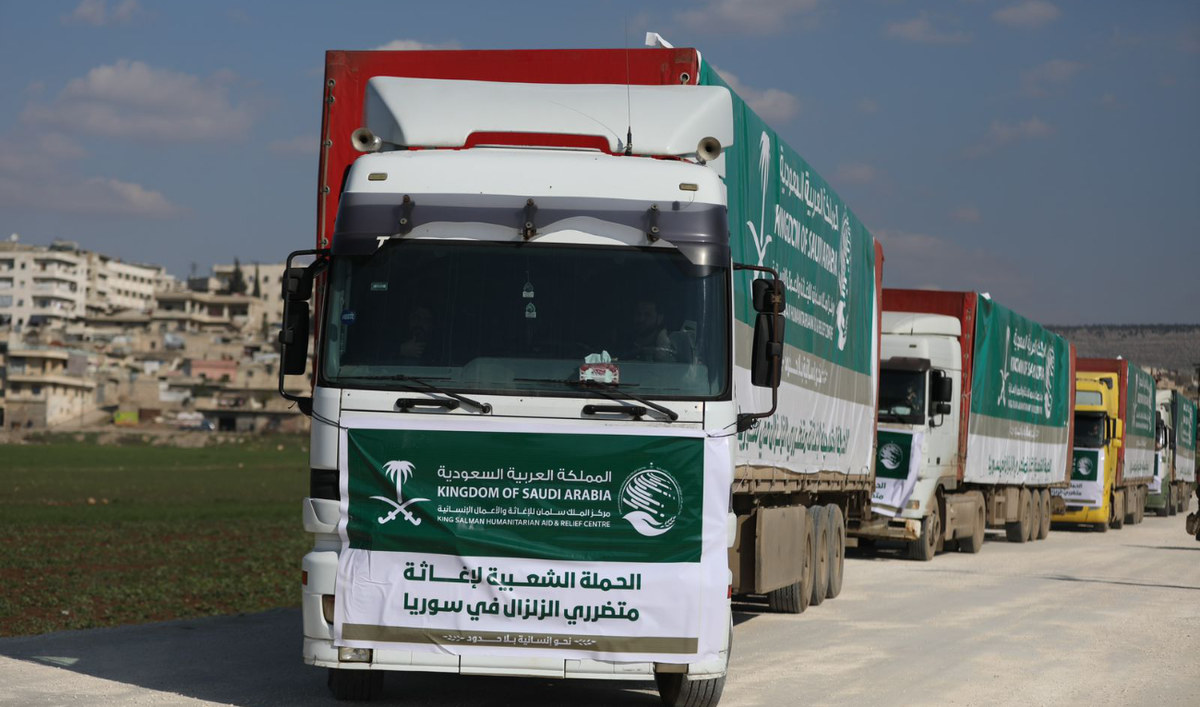
In 2021, Saudi Arabia’s Official Development Assistance led the world at more than 1 percent of its national income according to the Organization for Economic Cooperation and Development, exceeding the 0.7 percent recommended by the UN.
The Kingdom’s massive humanitarian aid campaign inside and outside the country this year is reflective of this push to use its resources to help others, particularly during Ramadan when charity and unity are at the forefront of Muslim life.
